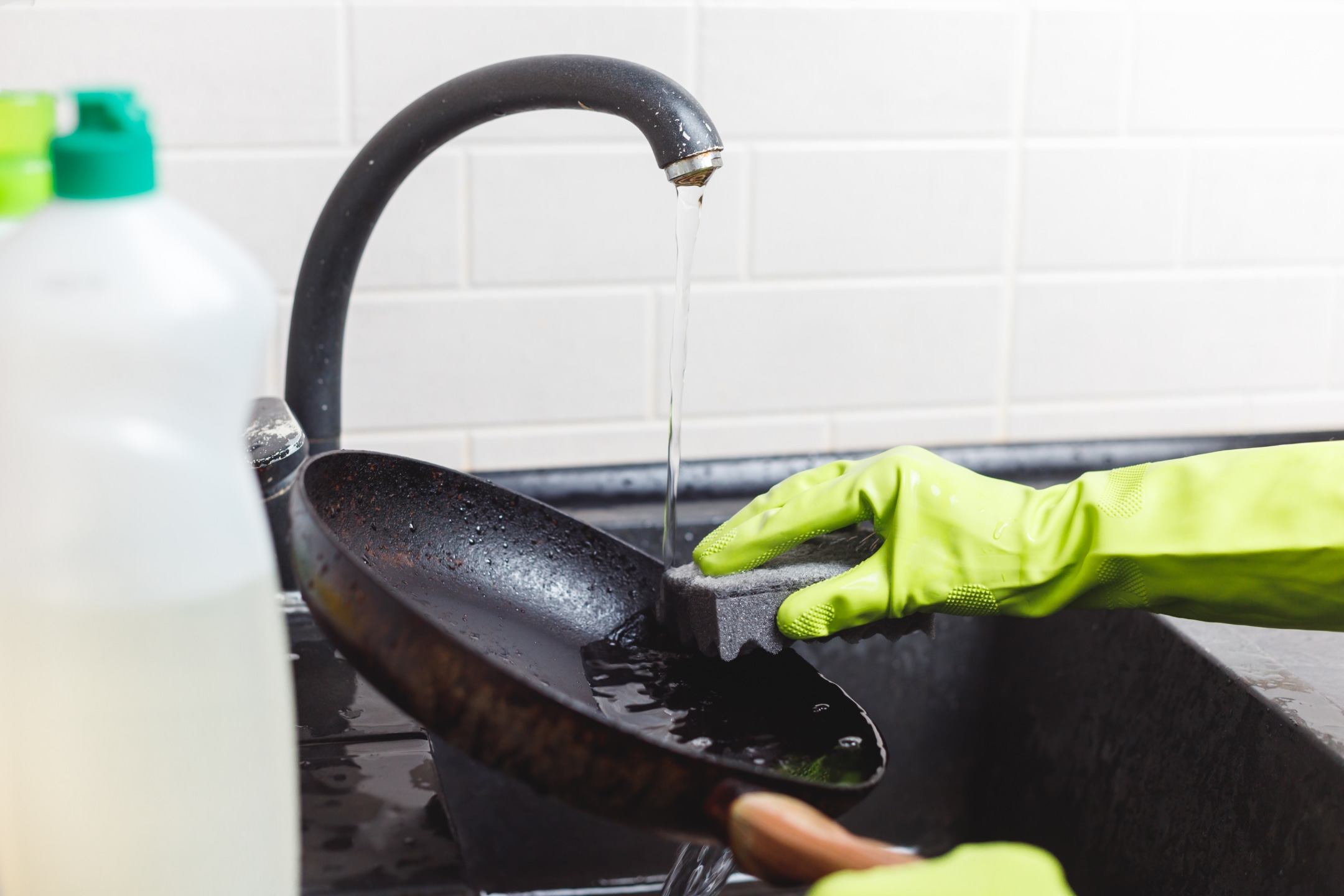As a plumbing company based in Carthage, Missouri, Spring River Drain and Sewer understands the importance of properly disposing of cooking oils and rendered fats. Improper disposal can lead to clogged pipes, expensive repairs, and environmental issues. This guide will help you dispose of these substances responsibly, protecting your home's plumbing and the environment.
Why Proper Disposal Matters
While pouring cooking oils and fats down the drain might seem convenient, it can have serious consequences. When hot oil cools, it solidifies and can clog pipes, leading to sewage backups and costly repairs. Moreover, improper disposal can harm local ecosystems and municipal water systems.
Safe Disposal Methods
To ensure safe and responsible disposal, consider the following methods that can help manage cooking oils and fats effectively. Here are some practical techniques to adopt:
- Cooling and Solidifying
- Using Absorbent Materials
- Freezing Method
- Recycling Large Quantities
Cooling and Solidifying
Before disposing of cooking oil, always let it cool completely. You can place oils that remain fluid at room temperature into a sealable container. Fats that solidify, such as bacon grease, must be hardened in the pan before being scraped into a disposable container.
Using Absorbent Materials
Mix cooking oil with absorbent materials like flour, sawdust, or cat litter. That turns the oil into solid waste, making it easier to dispose of in regular trash.
Freezing Method
Pour cooled oil into a plastic container and freeze it for a mess-free disposal. Once solid, you can easily remove and dispose of the frozen oil block in your household trash.
Recycling Large Quantities
If you have significant amounts of used cooking oil, consider recycling it. Many local communities have recycling programs that accept used cooking oil. Check your local solid waste service or hazardous household waste collection center for options.
Best Practices for Kitchen Maintenance
Adopting a few simple habits can make a significant difference in maintaining a well-functioning kitchen and preventing plumbing issues. Here are some best practices to incorporate into your daily routine:
- Use Sink Strainers
- Wipe Before Washing
- Avoid Hot Water
- What Not to do
Use Sink Strainers
When rinsing dishes or preparing food, place a catch basket or screen over the sink drain to prevent food scraps from entering the plumbing system.
Wipe Before Washing
Before rinsing and washing greasy pots and pans, wipe those off with a dry paper towel to remove excess grease. Then, dispose of the paper towels in your regular trash.
Avoid Hot Water
When washing greasy dishes, rinse them with cold water. Hot water can melt fats, allowing them to flow into your pipes, where they may later solidify and cause blockages.
What Not to Do
Cooking oils or fats should never be poured down sinks, toilets, street gutters, or storm drains. Similarly, avoid using cloth towels to clean greasy dishes, as washing them will release grease into the sewer system.
Don't rely on garbage disposals to get rid of fatty food scraps. These devices don't remove fats and oils; they only break them into smaller pieces.
Environmental Considerations
Proper disposal of cooking oils and fats isn't just about protecting your plumbing; it's also about environmental stewardship. When these substances enter waterways, they can harm aquatic life and disturb ecosystems.
By disposing of them correctly, you're protecting your home and contributing to the health of your local environment. It's a small but significant way to make a positive impact.
Recycle and Reuse
Before disposing of cooking oil, consider whether it is clean (clear) enough to be reused. Properly strained and stored oil can often be used multiple times for cooking. When it is no longer suitable for cooking, you can also look into local recycling options. Many communities have programs that convert used cooking oil into biodiesel or other valuable products.
Spring River Drain and Sewer encourages all Carthage residents to adopt these responsible disposal practices. These simple steps can protect your home's plumbing, save money on potential repairs, and contribute to a healthier environment. Remember, proper disposal of cooking oils and fats is not just a household chore—it's a community responsibility that benefits everyone.
For more information on plumbing maintenance and eco-friendly practices, contact Spring River Drain and Sewer at (417) 487-4152. We're here to help keep Carthage's pipes flowing smoothly and our environment clean.
